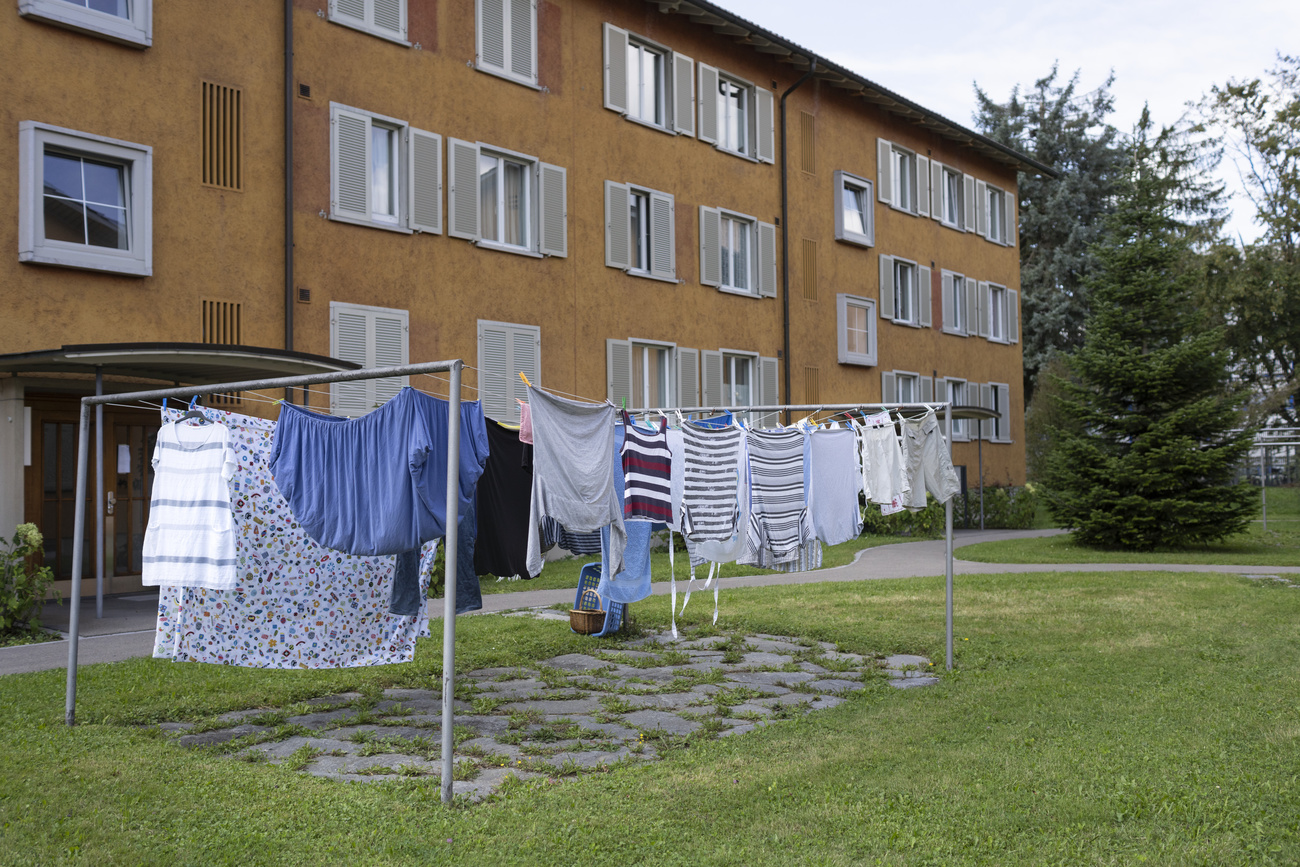
Rents rise by almost 3% in Switzerland

Rents in Switzerland rose by an average of 2.8% last year, the largest annual increase in 14 years. Switzerland is unique in Europe with the majority of residents living in rented accommodation.
The 2022 increase is the biggest since the annual rent survey began in 2009, according to the Homegate rent index, produced in collaboration with Zurich Cantonal Bank.
“This sharp rise is the result of a growing shortage in the rental housing market coupled with rising heating and service charges,” the authors said on Tuesday.
Annual increases were observed across the country. Canton Graubünden registered the biggest rise (6.7%). Interest in teleworking following the Covid-19 pandemic has driven up prices in mountain regions, the report said.

More
Housing in Switzerland
Many cities are unable to meet the demand for housing. Zurich (6.2%), Lugano (5.3%), Basel and Lucerne (both 3.7%) all recorded big increases. But all cantons saw higher prices, in particular Valais (4%), Aargau (2.8%), Thurgau (2.7%), Ticino (2%), Jura (1.8%) and Solothurn (1.7%).
In view of a decrease in construction activity and stable net immigration, rent prices may rise further in 2023. Supply cannot currently meet demand, especially in urban areas. “As long as this situation persists, rents will not fall,” the authors concluded.
Most people in Switzerland (60%) live in rented flats, although the proportion of homeowners has been rising steadily since the 1970s. Over half of all housing comprises two to three bedrooms and a living room.
In 2019 the average net monthly rent was CHF1,362 ($1,391). The cantons of Zug, Zurich and Schwyz were the priciest, with Jura, Neuchâtel and Valais at the other end of the scale. Rents are around 10% higher in the major cities.
Meanwhile, homeowners represent the majority everywhere else in Europe (Germany has the thinnest majority, at just over 50%). The proportion of homeowners in Europe is routinely around two-thirds or more.

More
Wealthy Switzerland is a country of tenants

In compliance with the JTI standards
More: SWI swissinfo.ch certified by the Journalism Trust Initiative































You can find an overview of ongoing debates with our journalists here . Please join us!
If you want to start a conversation about a topic raised in this article or want to report factual errors, email us at english@swissinfo.ch.